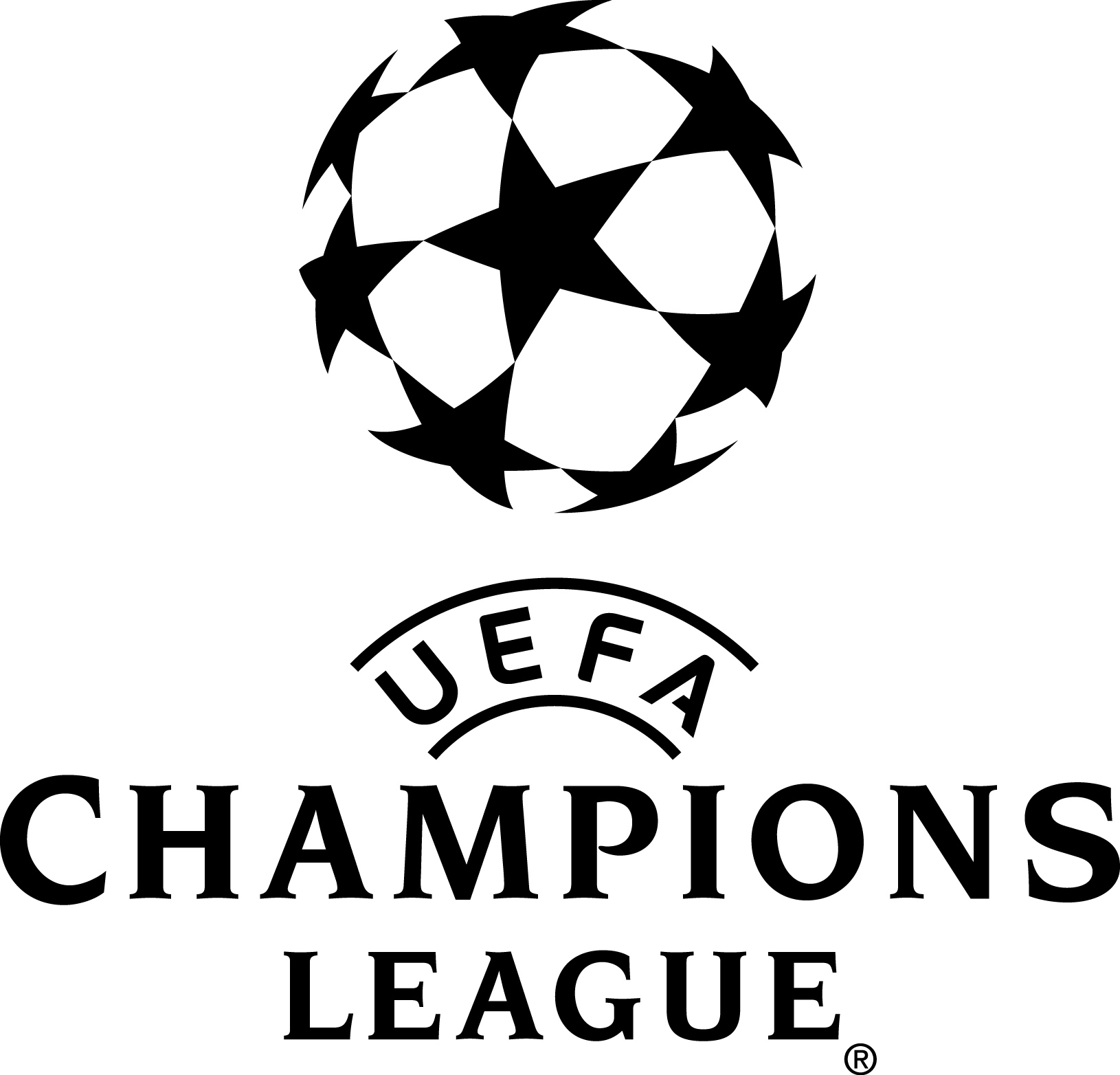UEFA looks to December decisions to shape Champions League
GENEVA — UEFA is set to decide in December on changing the Champions League as Europe’s top clubs chase a new format and bigger share of the competition’s billion-dollar annual income.
Closed-door meetings of European soccer leaders in Milan around Champions League final on Saturday (Sunday Manila time), making slow progress shaping the competition for the three seasons from 2018, The Associated Press was told.
Talk of a breakaway Super League was fueled in January by some wealthy members of the European Club Association (ECA) who saw uncertainty over UEFA’s leadership during the FIFA presidential election.
Though an American-style closed league is thought unrealistic, one aim is making the current 32-team group stage more attractive to the biggest clubs and global TV viewers.
UEFA’s election on Sept. 14, to finally replace its banned president Michel Platini, is a key step for Europe’s governing body to focus fully on its asset.
The new president will lead a meeting of the policy-making executive committee on Sept. 15, but Champions League decisions are foreseen for a December session in Nyon, Switzerland.
“We need a format by the end of the year,” UEFA’s director of competitions, Giorgio Marchetti, told The AP in Milan. “We are consulting and we are listening.”
The July 20 entry deadline for UEFA election contenders will also speed the debate, with the Champions League format offering a campaign test for the next president.
Options include more guaranteed entries for the strongest leagues, protected places for the biggest clubs, and playing matches on Saturdays rather than midweek to appeal to Asian and American audiences.
Change is possible only every three years. It must be agreed before UEFA’s retained agency, TEAM Marketing, can start selling Champions League and Europa League rights to broadcasters and sponsors for the next commercial cycle.
In the last round of talks, for the 2015-18 cycle, the Europa League was boosted by rewarding the title-winner with entry to the Champions League.
There are concerns that a too-predictable group stage turns off viewers, and that income — UEFA sales and top clubs’ share of it — is not keeping pace with expectations.
The 32 group-stage clubs will share almost 1.3 billion euros ($1.4 billion) in prize money from UEFA each season through 2018.
Still, Juventus president Andrea Agnelli has noted that the 32-franchise NFL gets much more TV revenue, despite a smaller core fan base and little broad appeal outside the United States. The Champions League final typically draws a global average TV audience of around 170 million, compared to 110 million in the U.S. for a Super Bowl.
Some clubs also look enviously at England’s Premier League which is watched avidly worldwide. Last-placed Aston Villa’s share of TV rights — almost $100 million — will outstrip Champions League winner Real Madrid’s income from UEFA.
Agnelli and Real Madrid official Pedro Lopez are members of both key groups which met at Milan’s opulent Principe di Savoia hotel in recent days: UEFA’s club competitions committee and the ECA executive board.
Madrid president Florentino Perez declined to comment in Milan.
The UEFA club panel, including presidential contender Michael van Praag of the Netherlands, will advise the UEFA executive committee. Agnelli and influential ECA chairman Karl-Heinz Rummenigge of Bayern Munich also have seats at UEFA’s top table and should take part in the December decision.
The potentially divisive Champions League debate played out in Milan after the two city clubs, AC and Inter, plus Manchester United — all winners in the past 10 years — again missed out on qualifying.
However, English clubs seem happier with the present format and cash distribution by UEFA. Man United’s executive vice chairman Ed Woodward also declined to speak with reporters after attending Saturday’s ECA board meeting.
The last match of the current Champions League commercial contracts — the final in May 2018 — still does not have a venue.
Kiev was the preferred option under Platini but the politics of Ukraine and Russia, plus UEFA’s own, have delayed a decision.
Ukraine’s most influential official, Hrigoriy Surkis, a UEFA vice president and former Dynamo Kiev president, declined a request in Milan to speak with The AP.
UEFA should decide in December on the 2018 venue, at the same executive meeting that will shape the future Champions League.
